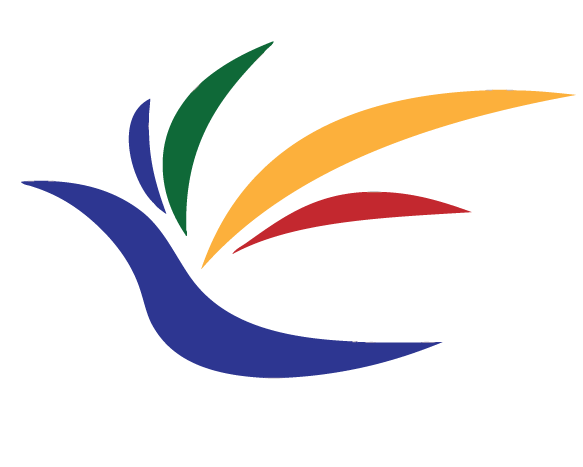
Executive Master Program
The Executive Master of Accountancy (EMA) degree is required for students with a minimum of four years of work experience. The program consists of thirty-four credit hours plus the completion of a master's thesis. The required courses are the same as the MA program. Basically the program allows students to choose from a wide range of business subjects involving analysis, planning, management, and reporting. The EMA program endeavors to establish in each graduate a potential for career advancement into the highest levels of professional accounting and management.
Ph.D. Program
The Ph.D. program in Science in Accountancy focuses on the cultivation of professional research talent with the ability to independently perform in-depth accounting analyses. In addition to accounting theories, various research methods are taught to enable Ph.D. students to process data. Renowned domestic and foreign scholars are also invited to hold academic seminars that increase the breadth and depth of doctoral research and help students submit papers to high-quality journals and apply for teaching positions at well-known schools.
- Curriculum for Ph.D. program in Science in Accountancy: The program is 2 to 7 years. Each Ph.D. student must complete 40 credits and a Ph.D. dissertation to graduate.
- Curriculum for in-service Ph.D. program in Science in Accountancy: Students must have more than 6 years of work experience. The program is 2 to 7 years. Each Ph.D. student must complete 31 credits and a Ph.D. dissertation to graduate.
All courses and required examinations must be completed within 5 years of admission. Dissertations should demonstrate students’ range of research skills (e.g., theory application, practical knowledge, and analytical methods). In addition, students’ papers must meet the requirements for publication in journals and seminars to obtain their degree.
Undergraduate Program
The Bachelor of Science in Accountancy(BA)
The purpose of the BA program in Science in Accountancy is to cultivate high-level business management talent with skills in accounting, business law management, and data analyses. Students must obtain 130 credits to graduate. The curriculum consists of accounting courses and is based on technological concepts. Software such as Excel, Python, Power BI, Arbutus, robotic process automation, and systems applications and products is integrated into accounting, tax law, and auditing courses to enhance students’ professional competencies and digital skills. In addition, interdisciplinary learning is emphasized. Courses in market forensics, financial technology, massive data mining, global change, sustainable development, tax administrative remedies, creative industries management and marketing, and tax planning are offered to strengthen students’ ability respond to the challenges of the quickly changing and uncertain business environment. Teachers and accountants in the industry are invited to offer courses such as Development of Global Accounting, Business Analysis and Practice, Corporation Evaluation: Theory and Application, Mergers and Acquisitions, and International Taxation. Domestic and foreign internships opportunities are offered to familiarize students with accountancy and finance. The joint-degree and exchange programs enable students to study in foreign countries, increase their global mobility, and improve their communication skills.
Master Program
The Master of Accountancy (MA) prepares gradates for careers in public accounting, industry and government. The objectives of the program include developing the sound theoretical, technical, and analytical skills necessary to succeed in the accounting profession. As students are also trained research methods and seminars on various accounting theories, some graduates select to pursue the doctoral program.
The MA program consists of forty-two credit hours plus the completion of a master's thesis. The following four courses are required of all students: Advanced Accounting Theory, Advanced Management Accounting, Advanced Auditing, and Research Methods. Students have the opportunities to study accounting in greater depth than is typically provided in an undergraduate accounting.
